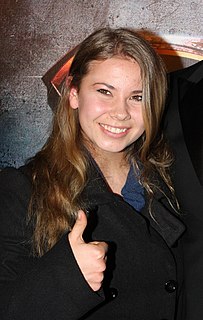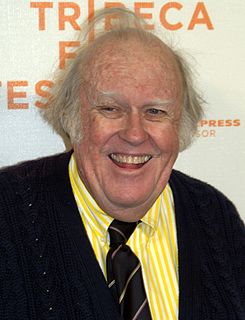A Quote by Bindi Irwin
We live in a zoo, and we get to share all our animals with the people who come in. We really put our animals first, and then the staff, and then the visitors. The animals aren't pacing; they're all happy. When you touch an animal, it ultimately touches you.
Related Quotes
99% of our uses of animals, including our numerically most significant use of them for food, do not involve any sort of necessity or any real conflict between human and nonhuman interests. If animals matter morally at all, then, even without accepting a theory of animal rights, those uses of animals cannot be morally justified.
So often when you start talking about kindness to animals someone comments that starving and mistreated children should come first. The issue can't be divided like that. It isn't a choice between children and animals. It's our duty to care for both. Kindness is the important thing. Kids and animals are our responsibility.
I believe that the best way to create good living conditions for any animal, whether it's a captive animal living in a zoo, a farm animal or a pet, is to base animal welfare programs on the core emotion systems in the brain. My theory is that the environment animals live in should activate their positive emotions as much as possible, and not activate their negative emotions any more than necessary. If we get the animal's emotions rights, we will have fewer problem behaviors... All animals and people have the same core emotion systems in the brain.


































